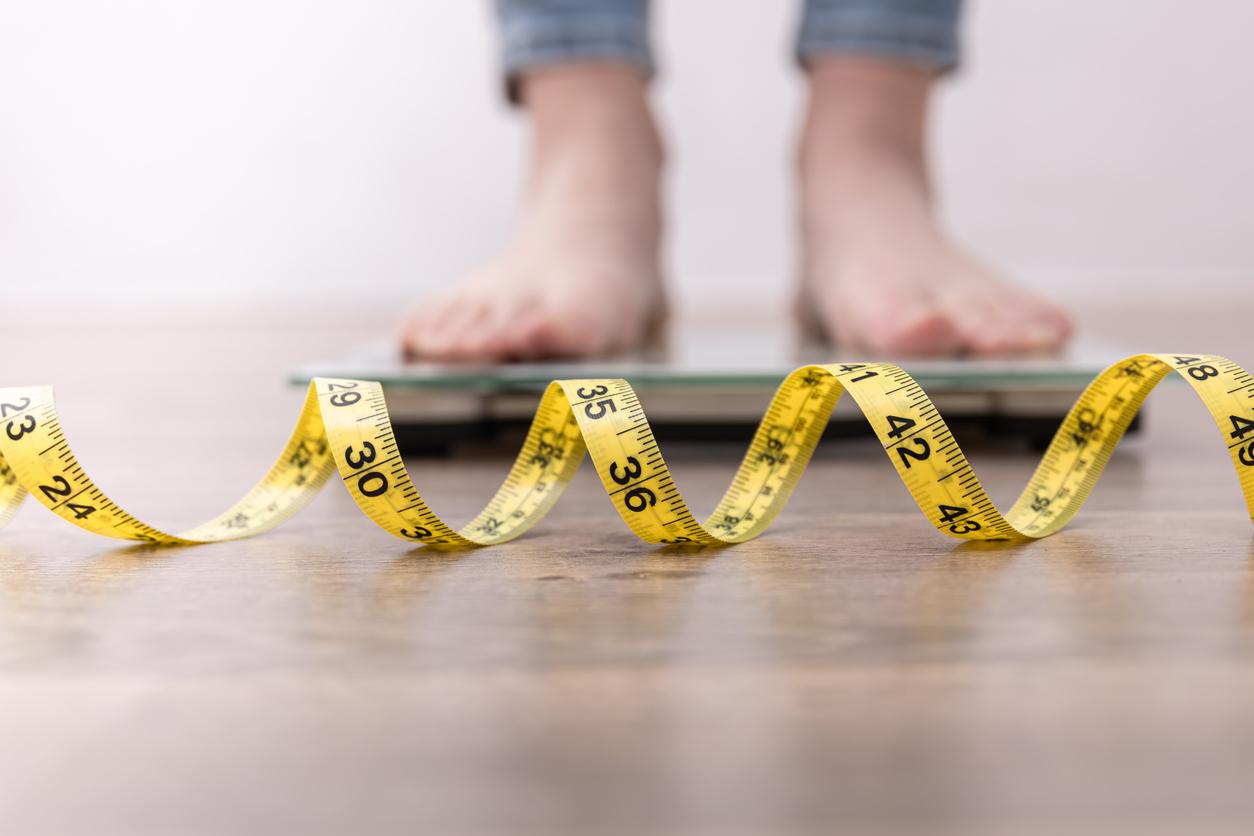Falling asleep late increases the risk of type 2 diabetes and cardiovascular disease.

- 92% of diabetics have type 2 diabetes.
- Cardiovascular diseases are the first cause of death in the world, the second in France after cancer.
We know: “the future belongs to those who get up early”. But morning people also enjoy better health, according to a study in the journal Experimental Physiology. To reach this conclusion, researchers from Rutgers University (United States) recruited 51 adults suffering from the metabolic syndrome, namely the association of several disorders linked to the presence of excess fat inside the belly.
Classify night owls and early risers according to their “chronotype”
As part of the work, the participants were divided into two groups, night owls and early risers, according to their “chronotype”, that is to say our natural propensity to want to sleep and to doing activities at different times, and their answers to a questionnaire on their daily habits. The scientists used advanced imaging techniques to assess the volunteers’ body mass and composition, as well as their insulin sensitivity and breath samples to measure fat and carbohydrate metabolism.
The patients were followed for a week to assess their activities during the day. They had to adopt a calorie-restricted diet and fast overnight. During the research, the oxidation of carbohydrates and fats was tested at rest before doing two 15-minute workouts: a moderate-intensity session and a high-intensity session on a treadmill.
Night owls are more likely to become diabetic
According to the results, early risers were more active during the day and used more fat for energy, both at rest and during exercise, than night owls. Another observation: night owls are more resistant to insulin, which means that their body needs more insulin to lower blood sugar and that it favors carbohydrates as a source of energy over fats. This reduced ability to resist insulin is associated with a higher risk of type 2 diabetes and/or cardiovascular disease.
“Differences in fat metabolism between early risers and late risers show that our body’s circadian rhythm (wake/sleep cycle) may affect how our body uses insulin. A sensitive or altered ability to resisting the hormone has major implications for our health.(…) Further research is needed to examine the link between chronotype, athletic activity and metabolic adaptation,” said Steven K. Malin, author of the research, in a statement.


















